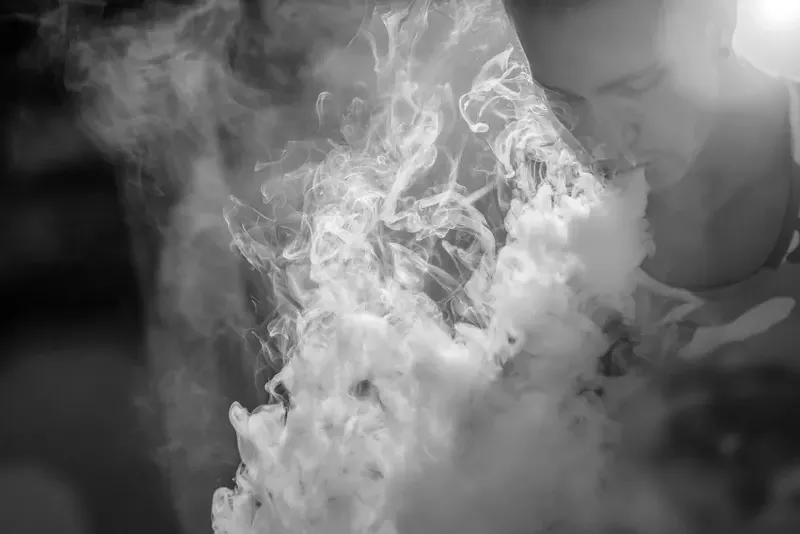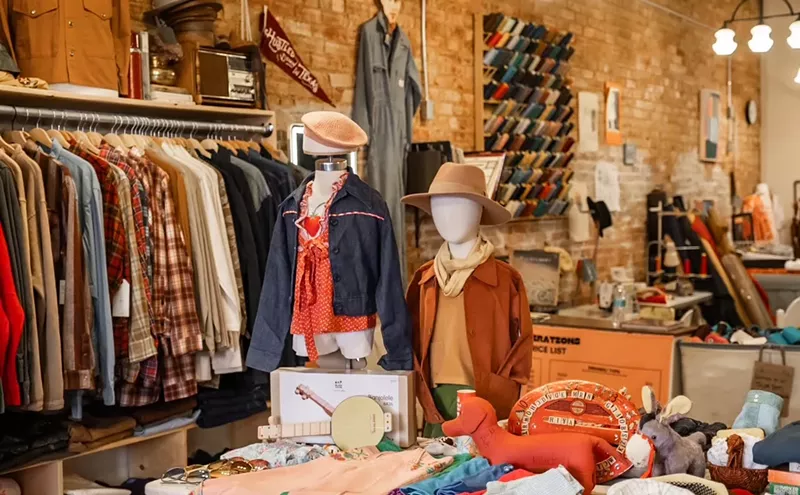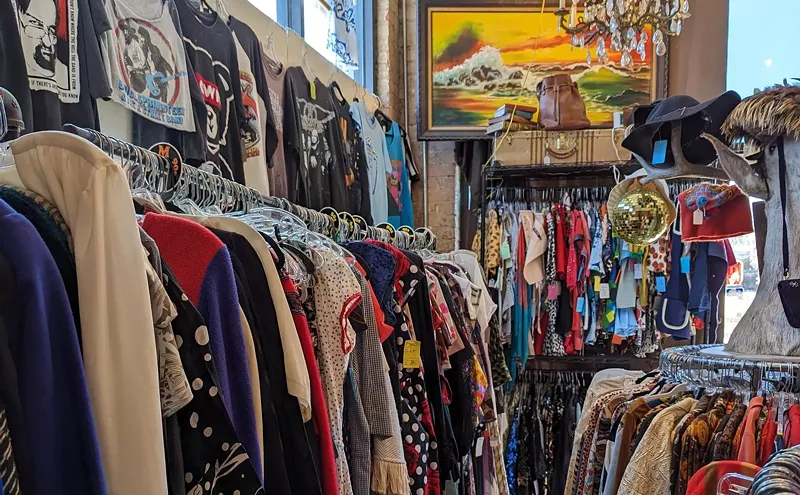But beneath a tranquil surface lies a complicated string of lawsuits, delays and political conflict. The future of the vaping industry still hangs in the balance; if something doesn’t change before Aug. 8, 2018, it will cease to exist.
“If the FDA regulations go through as they are now, without changes, it will undoubtedly shut down the entire industry with the exception of those who can withstand millions of dollars to continue to operate,” Schell Hammel wrote in an email to the Dallas Observer.
Hammel is the owner of a chain of vape shops with eight locations, including one in McKinney, and is also president of the Texas Smoke Free Alternatives organization, director of state chapter relations for the national Smoke Free Alternatives group and the legislative chair for American E-Liquid Manufacturing Standards Association.
“The numbers that represents is approximately 14,000 to 19,000 businesses, approximately 56,000 to 76,000 jobs, millions in sales tax per state, federal taxes, etc., in one day, gone," Hammel says. "As well as over 9 million people forced back to tobacco.”
The regulations set forth by the FDA in 2016 did not just single out vaping. The FDA has had authority over cigarettes, smokeless tobacco such as dip or snus, and roll-your-own tobacco since 2009, and now the regulatory body will hold sway over all tobacco products.
That has made strange bedfellows of big tobacco and the vaping industry. It's unexpected, given how e-cigs are often marketed as an effective way to quit smoking, but also convenient because of big tobacco’s litigious track record.
Proposed budget cuts for the FDA might just make the large scale regulation of vaping more trouble than it's worth.
tweet this
Initially, products affected by the new regulations were required to be registered with the FDA through a premarket tobacco application by the end of 2016, and the FDA would make a final decision for each product by Aug. 8, 2018.
But before the year was up, the deadline to register products was pushed back 90 days; it was delayed again May 1 because of a lawsuit filed against the FDA by a coalition of the Cigar Association of America, Cigar Rights of America, and the International Premium Cigar and Pipe Retailers Association.
“The FDA required manufacturers to register all products they manufacture by June 30, 2017 — that date has been extended to September," Hammel says. "Many [who] logged on to the system were finding, including myself, that the system would require you to finish the process within two weeks, which for the amount of information they were requiring and the amount of product each company would need to register was impossible. Many would wake to start and finish the process to find the system wiped out all their work and they had to start all over. Many also reported failures and glitches within the program and aborted.”
Hammel says these glitches contributed to the need for delays in the registration period and that many companies have flooded the FDA with applications in an attempt to pump new products into the market amidst the confusion. Those manufacturers, however, will be responsible for the price of testing these products. It will cost between $300,000 and $2 million per product, with no guarantee that FDA will approve the application.
Furthermore, proposed budget cuts for the FDA might make the large-scale regulation of vaping more trouble than it’s worth. FDA Commissioner Scott Gottlieb has announced that the regulations on vaping may be relaxed, and the administration would instead place harsher restrictions on the amount of nicotine allowed in traditional tobacco products.
But Hammel says opposition groups, such as Tobacco Free Kids and the American Cancer Society, may attempt to intervene and push the FDA toward harsher regulations.
“Being able to choose a less harmful alternative, which has proven to be at least 55 percent successful [quitting tobacco] compared to other methods that have [been shown to be] 12 percent successful, is something Americans deserve,” she said. “This technology, in my opinion, is the answer to the tobacco problem.”
While a 2016 report from Britain’s Royal College of Physicians showed vaping to be 95 percent less harmful than cigarettes, conflicting medical reports, opinions and perceptions have painted e-cigarettes as flashy toys designed to hook kids on nicotine. But both sides can agree that regulations were inevitable. No one want to see e-cigarettes in the hands of children.
“My hope is that there will absolutely be regulations, because the industry needs it, but reasonable regulations that can be supported through small business and not only the tobacco giants," Hammel says. “Regulations that separate these products from tobacco, as they are not anywhere close, and address quality and consistency rather than things that apply to tobacco and not these products.”













